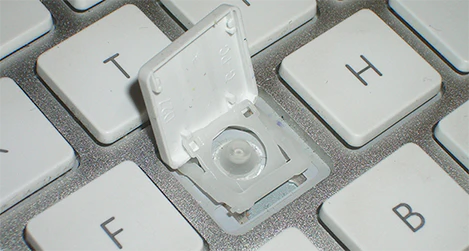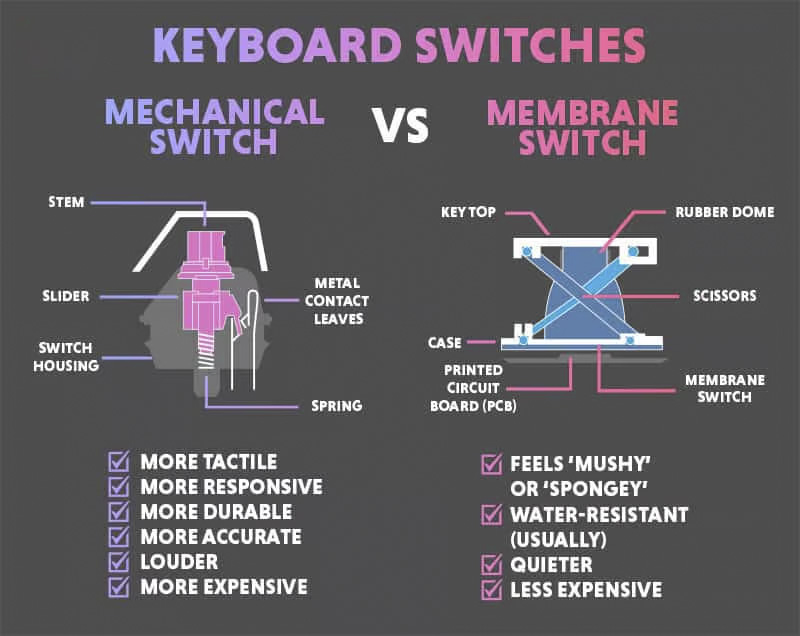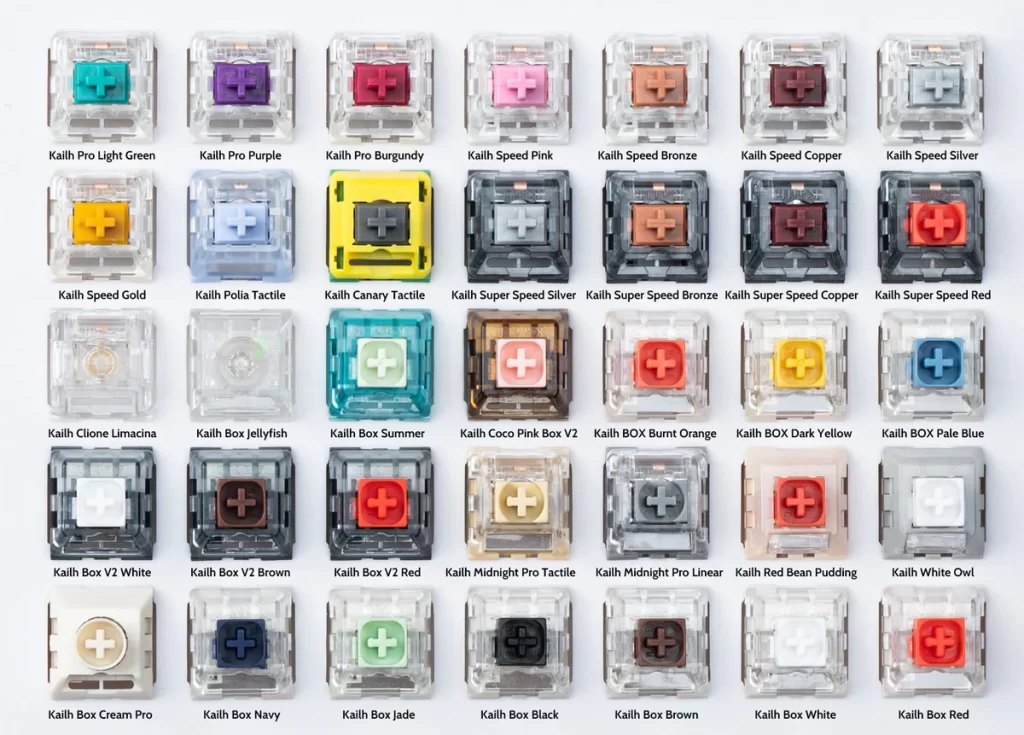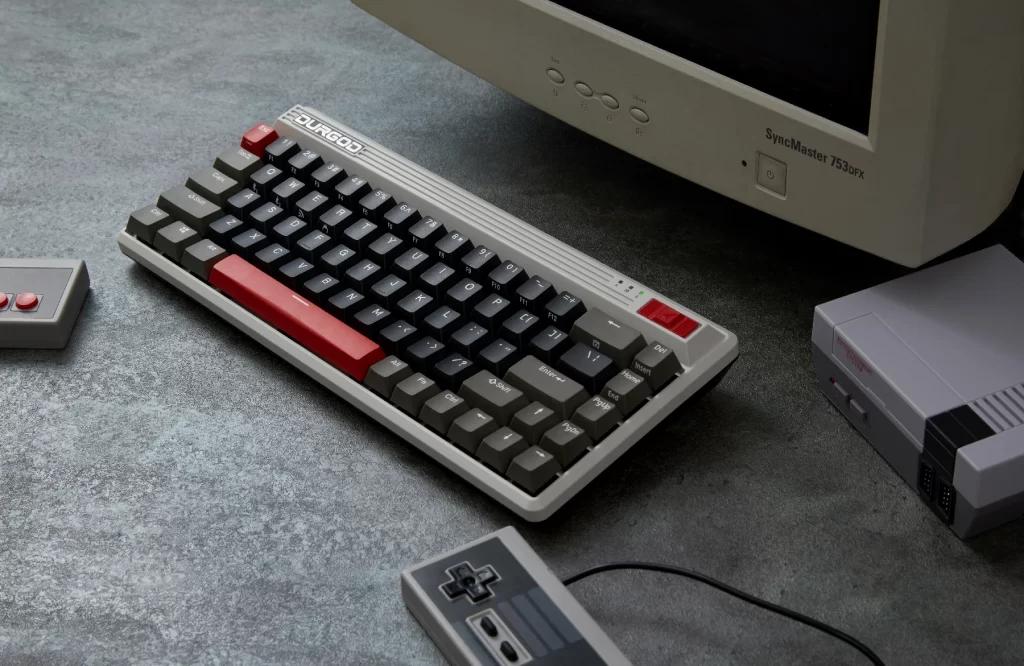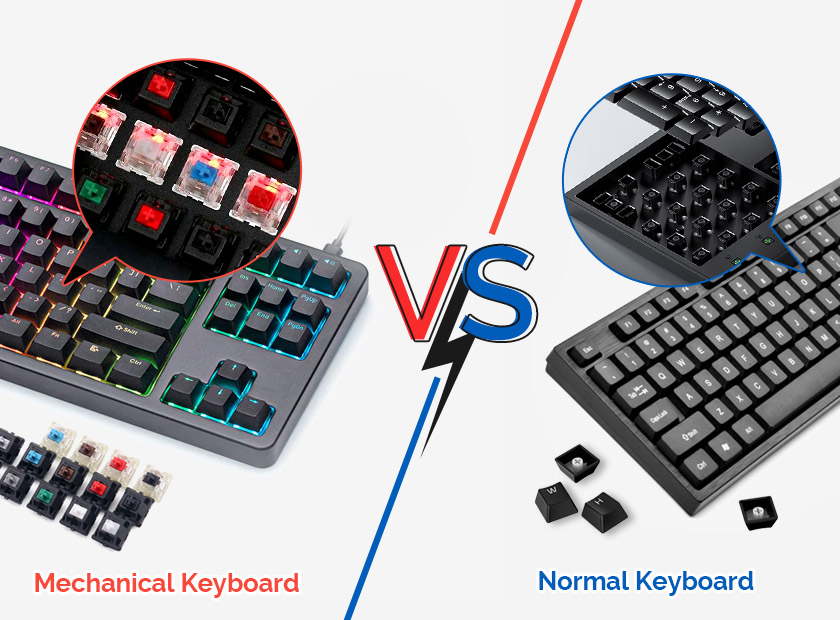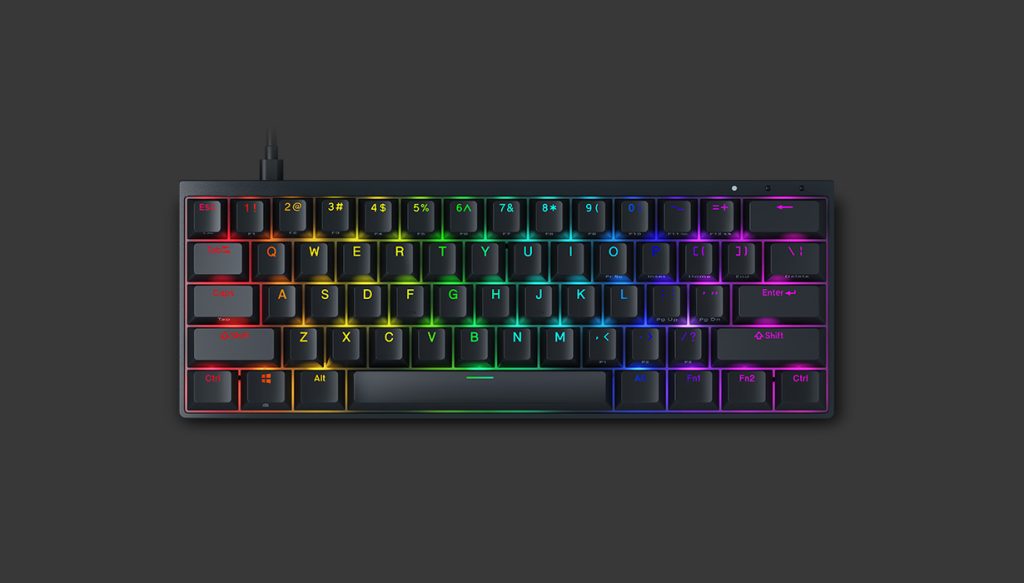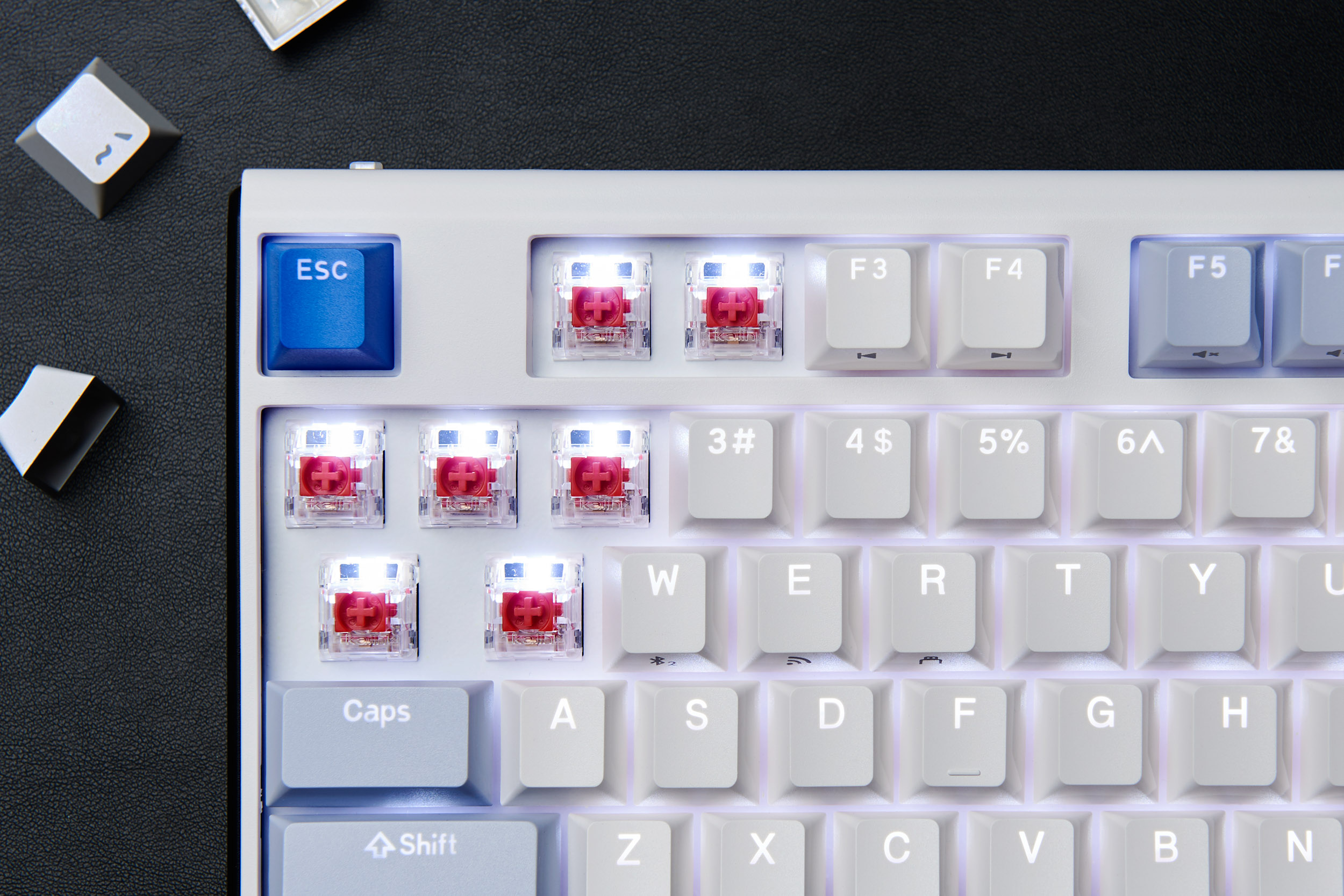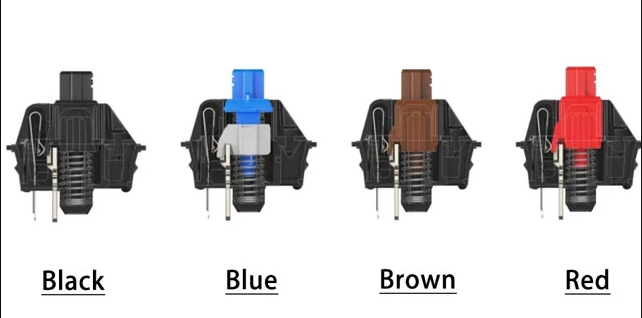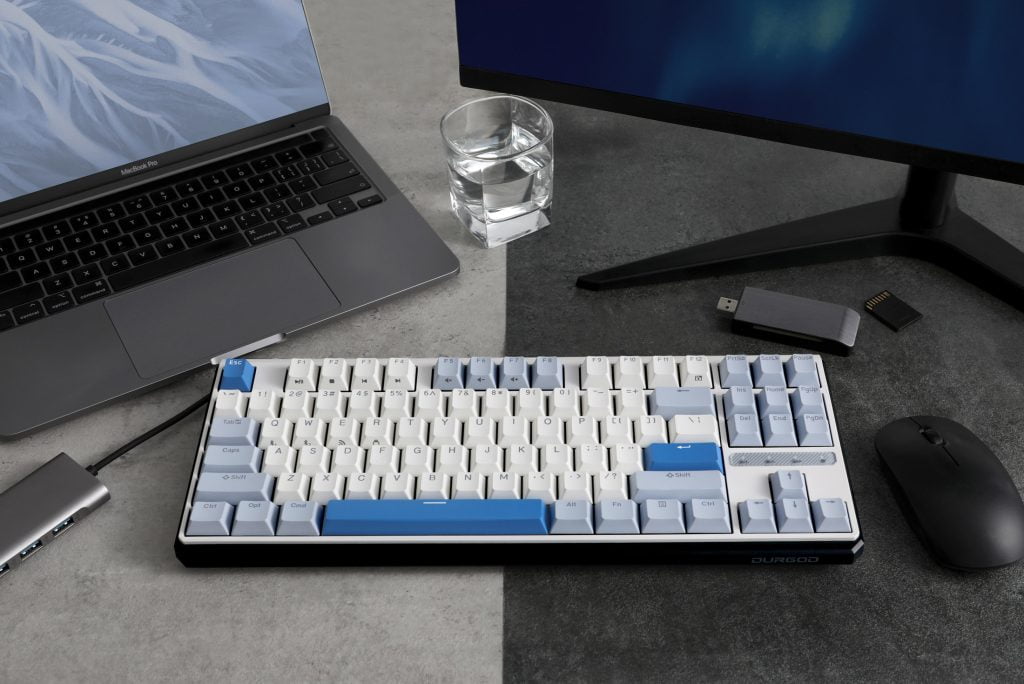When it comes to choosing a keyboard, the decision often boils down to mechanical vs. membrane keyboards. Understanding the differences between these two types of keyboards can help you decide which one is right for you. Here’s a detailed look at the key differences between mechanical and membrane keyboards.
How Mechanical Keyboards Work
Mechanical keyboards use individual mechanical switches beneath each key. These switches consist of several moving parts: a hard plastic stem, two metal contacts, and a spring underneath. When a key is pressed, the stem pushes the contacts together, creating an electrical circuit that sends the signal to your computer. This design provides tactile feedback and a distinct click sound, which many users find satisfying.
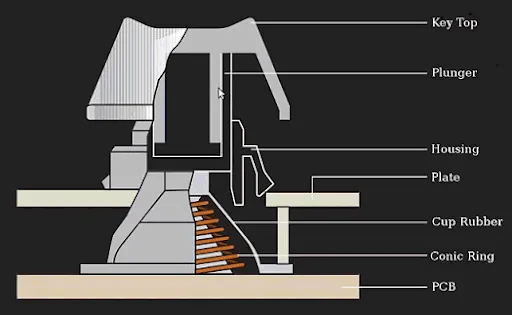
How Membrane Keyboards Work
Membrane keyboards, on the other hand, use a different mechanism. They consist of three layers: a top membrane, a conductive trace, and a bottom membrane. When a key is pressed, it pushes the top membrane down to connect with the bottom layer, completing the circuit. This design is simpler and cheaper to produce but often lacks the tactile feedback and durability found in mechanical keyboards.
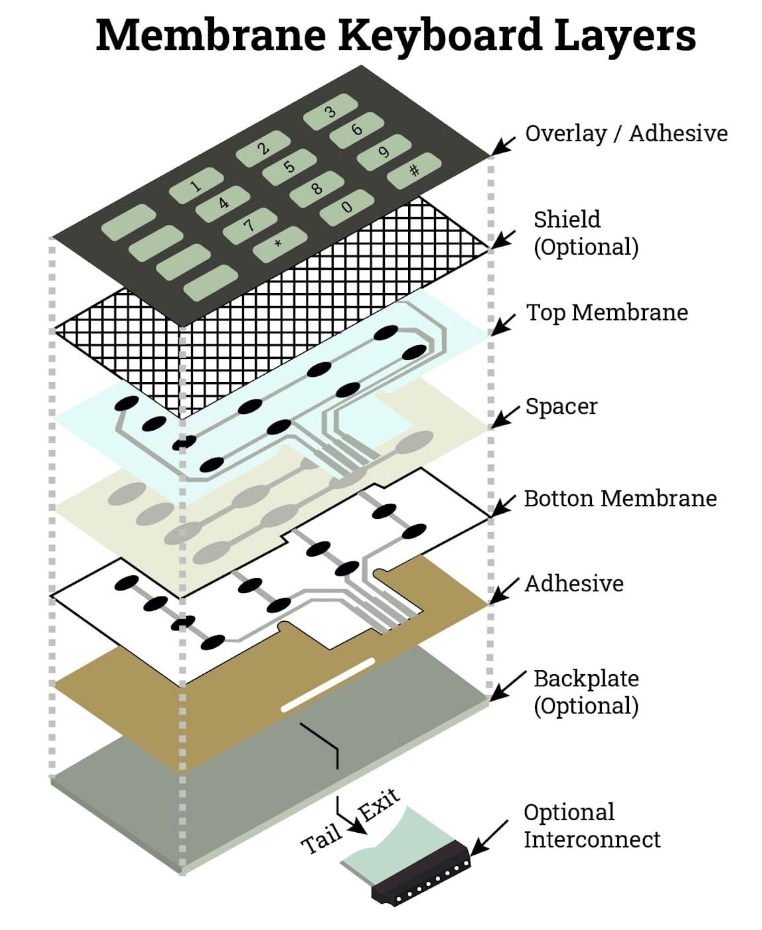
Durability and Lifespan
One of the significant differences between mechanical and membrane keyboards is durability. Mechanical keyboards are known for their longevity, often lasting for tens of millions of keystrokes due to the robust design of the switches. In contrast, membrane keyboards generally have a shorter lifespan because the rubber or silicone membrane used in their construction can wear out over time, leading to less consistent keypresses.
Mechanical Keyboard vs. Membrane Keyboard: Typing Experience
The typing experience is another area where mechanical and membrane keyboards differ significantly. Mechanical keyboards provide a more tactile and audible feedback, which many users prefer, especially for gaming or heavy typing tasks. The distinct feel of each keypress on a mechanical keyboard allows for more precise and faster typing. In contrast, membrane keyboards have a softer feel with less distinct feedback, which might be quieter but can lead to a mushy typing experience over time.
Customization and Features
When comparing a mechanical keyboard vs. membrane keyboard, customization is a critical aspect to consider. Mechanical keyboards typically offer a wide range of customization options, including different switch types, keycap styles, and even programmable keys. This makes them a favorite among gamers and typing enthusiasts who want to tailor their keyboards to their specific needs. Membrane keyboards, while sometimes featuring backlighting and basic multimedia keys, generally offer fewer customization options.
Conclusion
Understanding the main differences between mechanical and membrane keyboards can help you make an informed decision based on your needs. Mechanical keyboards excel in durability, typing experience, and customization, making them ideal for users who prioritize these features. On the other hand, membrane keyboards are more budget-friendly and quieter, making them suitable for casual users or office environments.



